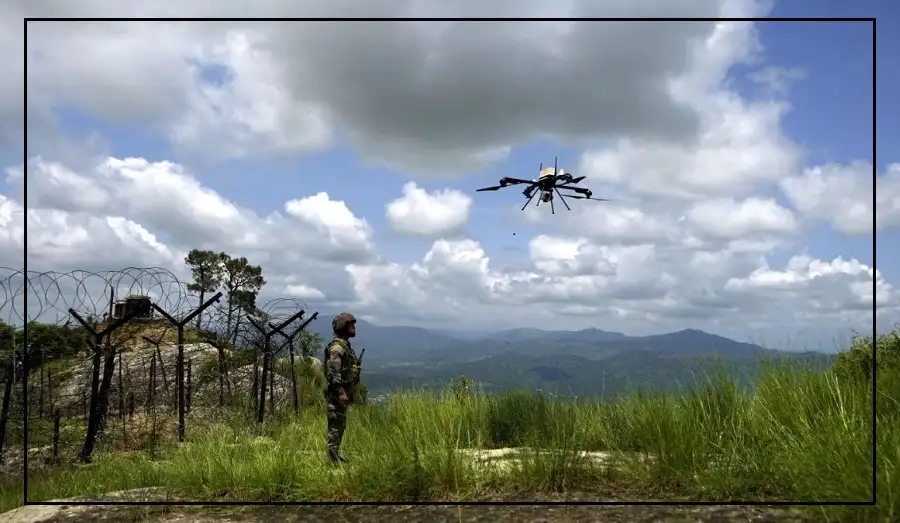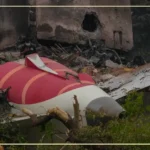India is stepping up its border security with a dedicated drone squadron for the Border Security Force (BSF), specifically aimed at countering aerial threats from Pakistan.
The move comes after the intense cross-border activity and lessons learned during Operation Sindoor, India’s recent counter-terror mission.
BSF Gets Green Signal for Drone Squadron
The Ministry of Home Affairs has approved the formation of the first-ever drone squadron for the BSF.
This specialized unit is being developed to strengthen India’s defense against drone threats, especially after a surge in drone attacks by Pakistan in response to Operation Sindoor.
Learning from ‘Operation Sindoor’
The decision follows a detailed security review after Operation Sindoor, a major military response launched on May 7 following the April 22 terror attack in Pahalgam, which killed 26 people, mostly tourists.
BSF actively participated alongside the Indian Army in this operation, which targeted terrorist and defense installations in Pakistan and Pakistan-occupied Kashmir (PoK).
Pakistan’s Drone Counterattacks
In retaliation, Pakistan deployed thousands of drones to target Indian military posts and civilian areas along the western border.
One of the most serious incidents happened on May 10, when a Pakistani drone dropped explosives on the Kharkola outpost in RS Pura sector (Jammu).
This attack killed two BSF jawans and one Army jawan, and seriously injured four others—one of whom had to undergo a leg amputation.
What Will the Drone Squadron Do?
According to security officials:
The squadron will consist of surveillance, reconnaissance, and attack drones.
It will include kamikaze drones, capable of precision strikes.
The unit will be operated from a control room at the BSF Western Command Headquarters in Chandigarh.
Specially trained personnel will manage and operate these drones from critical Border Outposts (BoPs).
Deployment Areas
The drone squadron will be deployed along the entire India–Pakistan border, which spans over 2,000 km, covering:
Jammu and Kashmir
Punjab
Rajasthan
Gujarat
Small teams of 2–3 trained personnel will be stationed at vulnerable and strategic BoPs.
BSF Enhancing Border Defenses
In light of the May 10 drone attack, the BSF is also:
Reinforcing border bunkers
Improving surveillance systems
Installing anti-drone technology to detect and neutralize threats
Training for Drone Warfare
An officer revealed that selected BSF personnel with technical backgrounds are being trained to:
Operate surveillance and attack drones
Intercept enemy drones, including swarm drone attacks
Jam enemy signals and blind enemy radars
The first batch of drones and equipment for the squadron is already being procured, and personnel training is underway in phases.

























